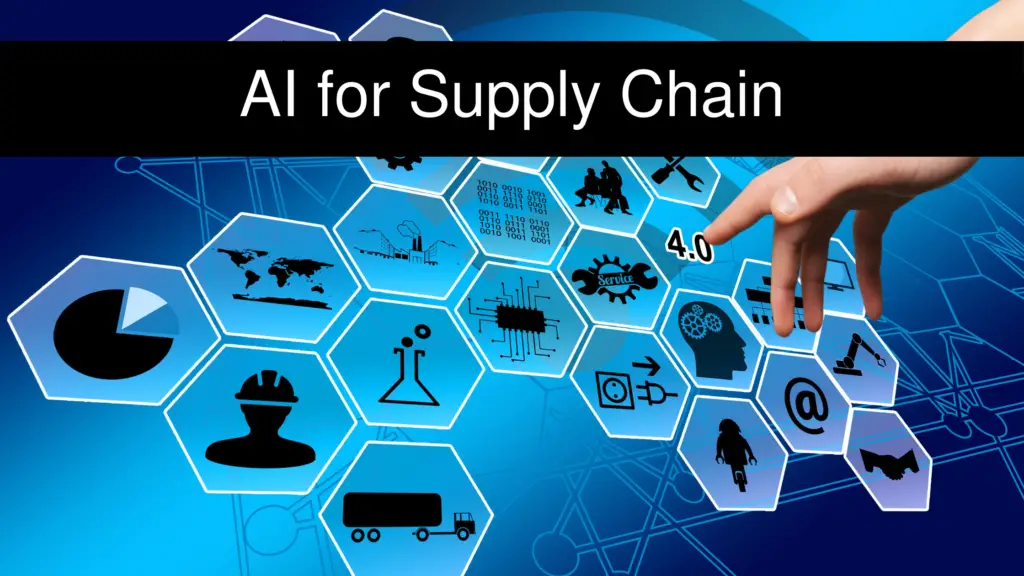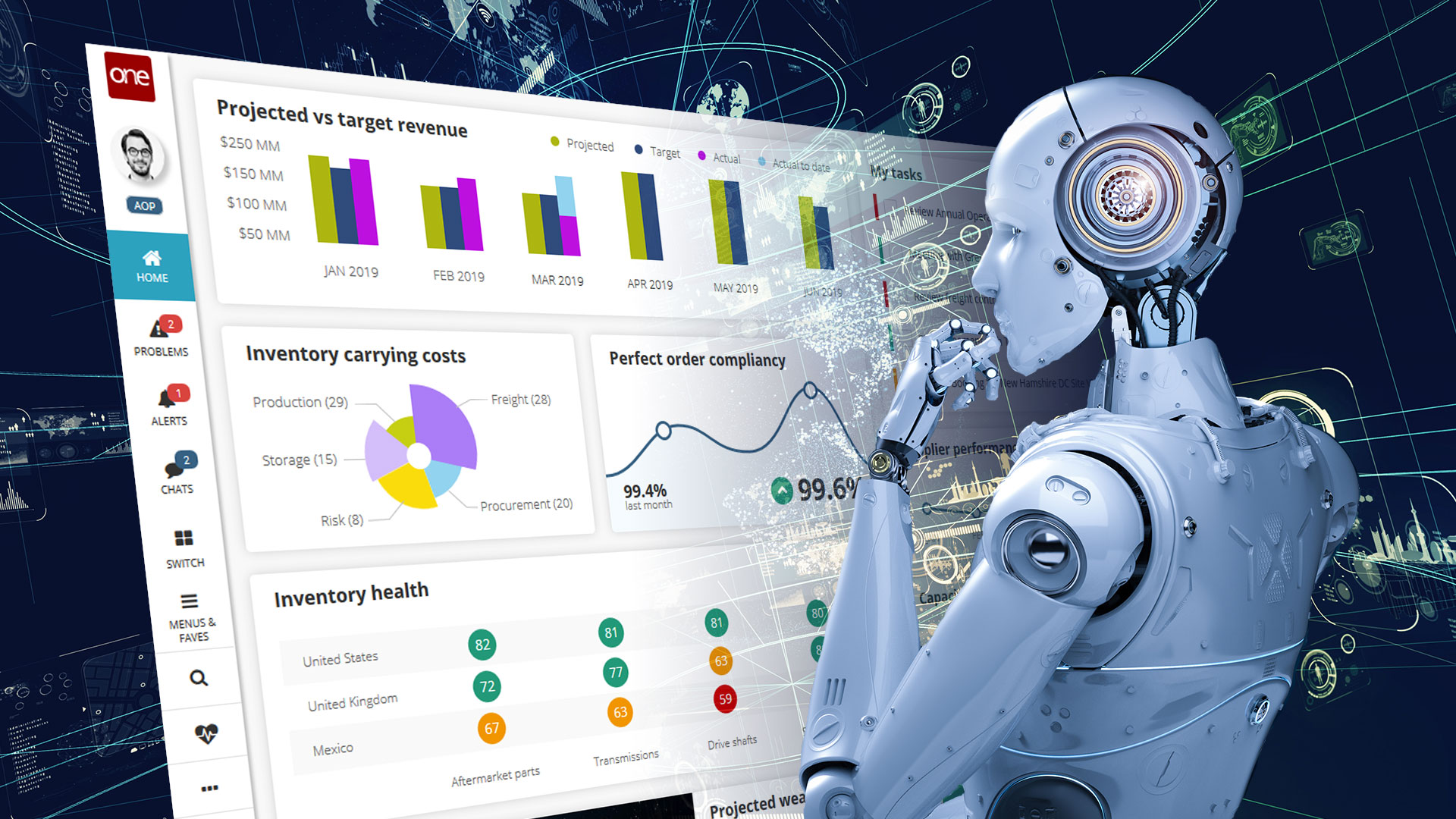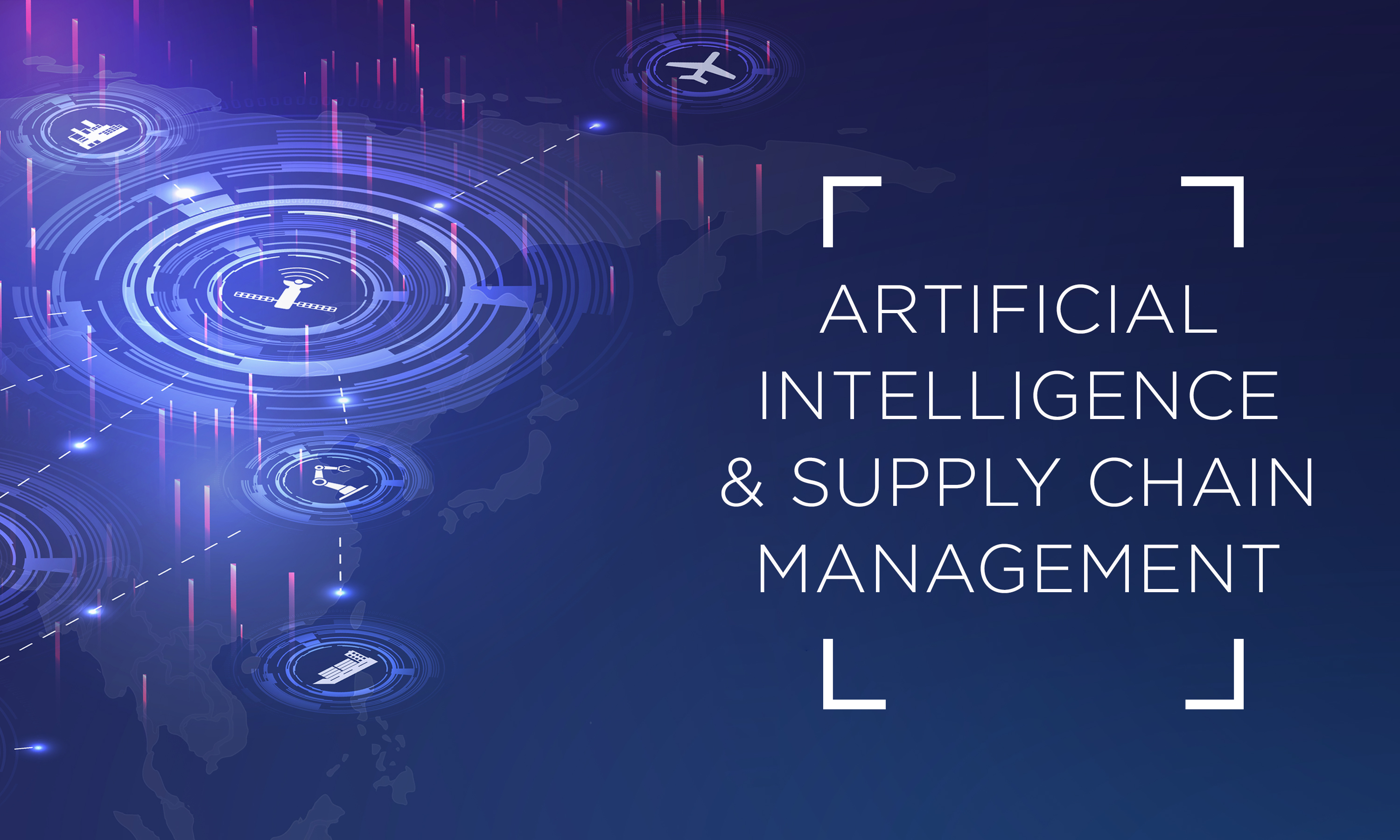The Role of AI in Supply Chain Optimization

Artificial intelligence (AI) is transforming the way businesses operate across industries, and the supply chain is no exception. AI’s capabilities to analyze vast amounts of data, automate tasks, and provide real-time insights are revolutionizing the way organizations manage their supply chains, leading to improved efficiency, cost reduction, and customer satisfaction. Here’s a closer look at the role of AI in supply chain optimization:

- Demand Forecasting:
AI-powered algorithms can analyze historical sales data, market trends, and external factors to generate accurate demand forecasts. This helps businesses optimize production schedules, inventory levels, and resource allocation, minimizing the risk of overstocking or shortages.

- Inventory Optimization:
AI algorithms can analyze real-time data on inventory levels, lead times, and demand patterns to recommend optimal inventory levels for each item. This helps businesses reduce carrying costs, improve cash flow, and ensure product availability to meet customer demand.
- Warehouse Management:
AI-powered warehouse management systems can automate tasks such as receiving, put-away, picking, and packing. They also optimize the layout of the warehouse, assigning items to specific locations based on demand patterns and order profiles, reducing travel time and improving order fulfillment efficiency.
- Transportation and Logistics:
AI algorithms can optimize transportation routes, carrier selection, and delivery schedules. They analyze factors such as traffic patterns, weather conditions, and historical data to determine the most efficient and cost-effective transportation options, reducing shipping costs and improving delivery times.
- Supplier Management:
AI can analyze supplier performance data, such as on-time delivery, quality, and cost, to identify reliable and efficient suppliers. It can also automate supplier onboarding, evaluation, and negotiation processes, streamlining the supplier management function.
- Risk Management:
AI algorithms can analyze historical data and real-time information to identify and mitigate supply chain risks, such as supplier disruptions, natural disasters, and demand fluctuations. This proactive approach helps businesses minimize disruptions and ensure supply chain resilience.
- Customer Experience:
AI-powered customer service chatbots and virtual assistants can provide real-time support, answer customer inquiries, and resolve issues quickly and efficiently. This improves customer satisfaction, reduces the burden on customer service teams, and fosters brand loyalty.
- Predictive Maintenance:
AI algorithms can analyze sensor data from equipment and machinery to predict potential breakdowns and failures. This enables businesses to schedule maintenance activities proactively, preventing costly downtime, increasing productivity, and extending asset life.
AI’s impact on supply chain optimization is significant and far-reaching. By leveraging AI’s capabilities, businesses can improve efficiency, reduce costs, enhance customer satisfaction, and gain a competitive advantage in today’s dynamic global marketplace.

The article provides isights in how AI optimizes the supply chain process. It covers all the bennefits like reduced costs, improved efficiency, and increased visibility. I would highly recomend this article to anyone interested in understanding the role of AI in the supply chain.
The article is way too long and technical. It is not easy to understand for someone who is not familiar with the topic. The author should have used simpler language and provided more examples.
The article provides a good overview of the role of AI in supply chain optimization. However, it could be more comprehensive by including more case studies and examples.
AI is not a silver bullet for supply chain optimization. It has its limitations and can only be effective if it is implemented properly. The author should have emphasized this point more.
I find it ironic that an article about AI in supply chain optimization is full of errors. It makes me wonder if the author really understands the topic.
The article is so poorly written that it is almost comical. I am not sure if the author was trying to be funny or if they just don’t know how to write.
I understand that AI is a complex topic, but the author could have made it more digestible for the average reader. I had to read the article several times to fully understand it.
The article is very informative but I wish it had more visuals and graphs to illustrate the points being made.
I am very skeptical about the claims made in this article. I need to see more evidence before I can believe that AI can really optimize the supply chain.
I am not sure what AI is but it sounds like it could be a good thing for the supply chain. I will have to do some more research on it.
The article is very well-written and provides a lot of valuable insights into the role of AI in supply chain optimization. I highly recommend it.
I am not sure if I agree with all of the points made in the article. I think AI has its limitations and can only be effective if it is implemented properly.
The article is too long and technical. I could not understand most of it.
This is a great article! I am very interested in learning more about AI and its potential to optimize the supply chain.